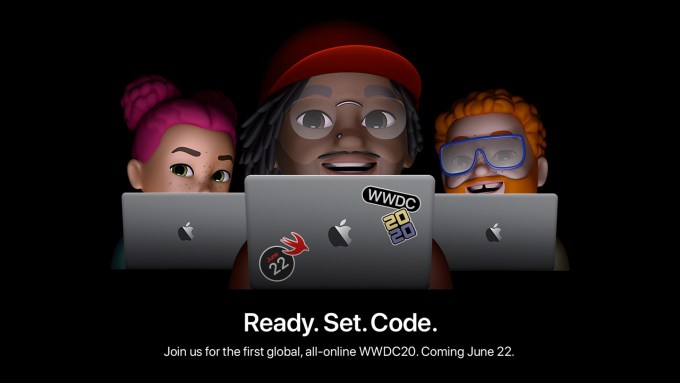Welcome back to This Week in Apps, the Extra Crunch series that recaps the latest OS news, the applications they support and the money that flows through it all.
The app industry is as hot as ever, with a record 204 billion downloads and $120 billion in consumer spending in 2019. People are now spending 3 hours and 40 minutes per day using apps, rivaling TV. Apps aren’t just a way to pass idle hours — they’re a big business. In 2019, mobile-first companies had a combined $544 billion valuation, 6.5x higher than those without a mobile focus.
In this Extra Crunch series, we help you keep up with the latest news from the world of apps, delivered on a weekly basis.
This week we’re continuing to look at how the coronavirus outbreak is impacting the world of mobile applications, including the latest on countries’ various contact-tracing apps, the pandemic’s impact on gaming and fintech and more. We’re also looking at that big app crash caused by Facebook, plus new app releases from Facebook and Google, Android 11’s new timeline and Apple’s plans to move WWDC online, among other things.
Headlines
WWDC goes virtual June 22

Apple announced this week its plans for a virtual version of its Worldwide Developer Conference. The company will host its WWDC 2020 event beginning on June 22 in the Apple Developer app and on the Apple Developer website for free for all developers.
It will be interesting to see how successfully Apple is able to take its developer conference online. After all, developers could already access the sessions and keynotes through videos — but the real power of the event was in the networking and being able to talk to Apple engineers, ask questions, get hands-on help and see how other developers are using Apple technologies to innovate. Unless Apple is planning a big revamp of its developer site and app that would enable those connections, it seems this year’s event will lack some of WWDC’s magic.
The company also announced the Swift Student Challenge, an opportunity for student developers to showcase their coding by creating their own Swift playground.
Source: Tech Crunch

